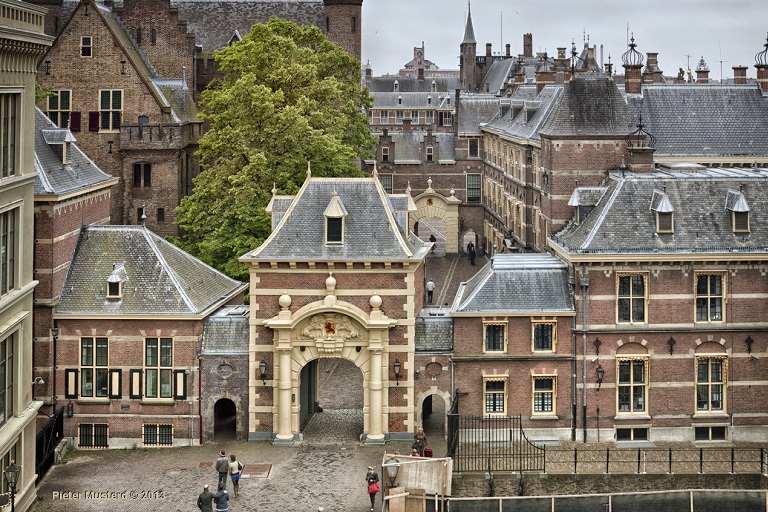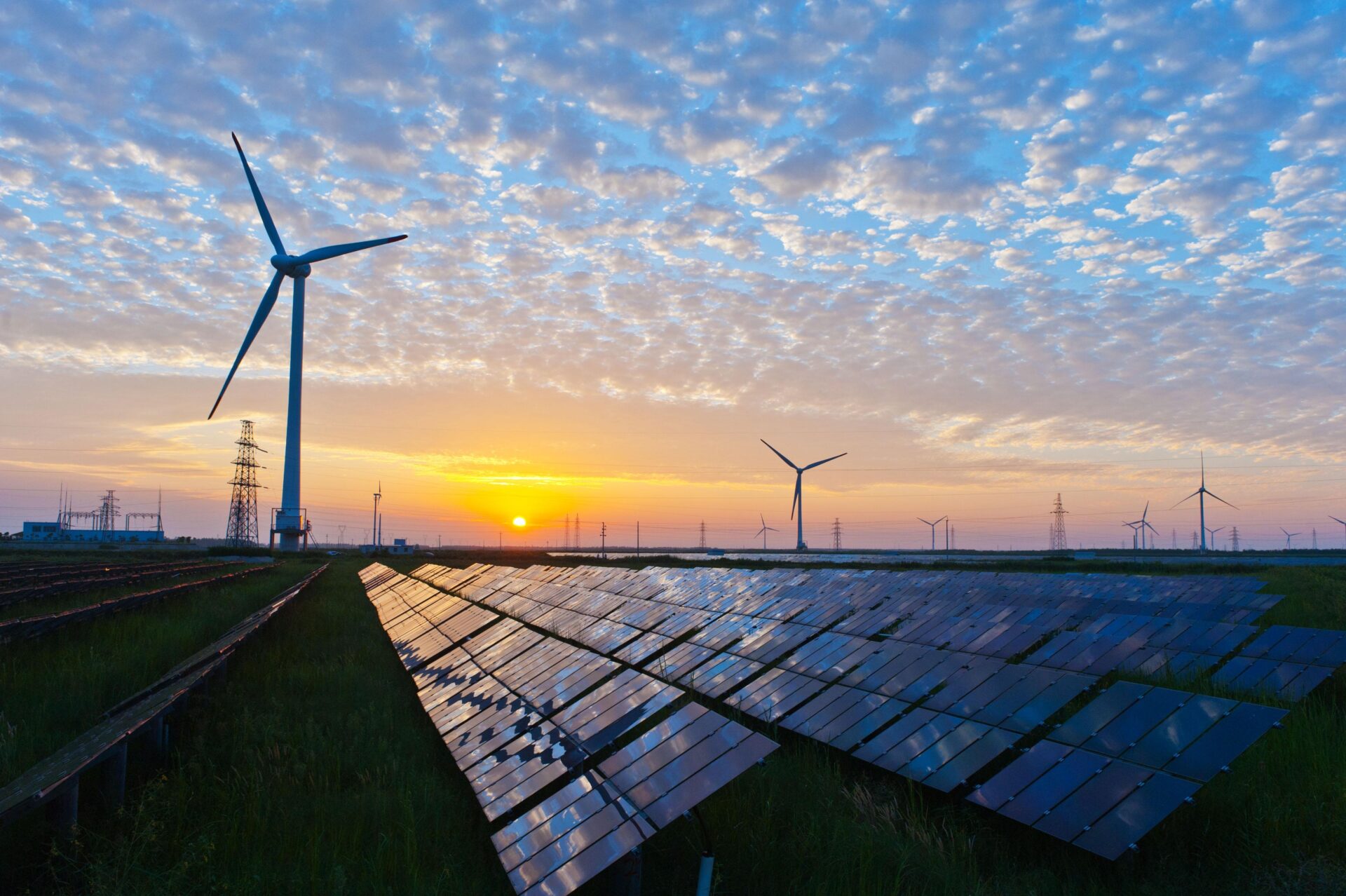"In the energy memorandum to be presented soon, the government proposes an integrated policy to slow the growth of consumption and increase the security of energy supply." It could easily have been said today during Budget Day. Were it not for the fact that this sentence comes from the 1974 Throne Speech. Then, too, the geopolitically initiated reduced supply of energy caused a disruption of society. Was it then the non-delivery of oil from state-run Middle Eastern enterprises, now it is mainly the non-delivery of gas from a state-run enterprise from Russia. The crisis in the European - and thus Dutch - energy markets shows that the role of energy in society is as fundamental as ever and touches the capillaries of all economic activity and comfort.
It is in this context that the focus on purchasing power - traditionally the theme of Budget Day - has become even stronger. The coronapanda pandemic got the Netherlands through relatively well. The initial strong economic upswing has again come under pressure, if not tilted, by the tension in the energy market due to the war in Ukraine. Meanwhile, the term purchasing power no longer covers it for everyone: paying for groceries and energy poverty is something (even) the Netherlands has had to deal with. High inflation, also fueled by high energy prices, is leading to a reappraisal of national spending. The more than 18 billion euros in additional spending, including an energy surcharge for now and additional spending on the climate fund for later, testify to the urgency. Indeed, that this is a particularly challenging time, including politically, is also evidenced by yesterday's agreement on reducing energy prices for households. An agreement worth up to 10 billion Euros. And an agreement after the million note was established - and leaked. The increased revenue from gas, among other things, provides an interesting natural hedge for the higher spending to offset those prices. But also interesting is how the budget will soon hold up in a fragile coalition and enough concerns in society for solid opposition.
So today, Budget Day 2022, is an important day. On the day of the formal start of the parliamentary year, the budgeted cashbook for 2023 is presented. While geopolitical developments in our vicinity directly affect the spending and investment space of citizens, consumers and businesses. Therein lies the challenge of our time: everything is intertwined, solutions for one can have unintended negative consequences for another. Within the realm of energy and beyond. For example, the climate issue is inextricably intertwined with energy. But also, for example, with our other basic supply: water. Last year's summer brought the Netherlands too much water; this year there is a major drought. At the same time, drought in turn affects energy supplies (cooling water for power plants, coal supply). There is also a relationship with agriculture, where the impact of the war in Ukraine is strongly felt in grain prices. But agriculture is also a sector where there is also a crisis because of nitrogen emissions, with the fundamental stakes being the size of a traditionally important sector in the Netherlands - and as a major exporter also for foreign countries. On top of that comes this year's drought, which again has an impact on nitrogen emissions. That completes the circle, you might say.
That it has come full circle is, of course, far too simple a description. Because the implications of all the developments are big. Very big. For you, it means that your market issues have become broader. It also means that every expression is under a magnifying glass. It also means that the policies we knew are no longer complete to deal with the crises. Unorthodox interventions are called, in The Hague and in Brussels. Less market, more government? And only now in this crisis, or is the system changing structurally? One thing is certain, the link between practice and politics is now more important than ever. The policies being developed now will determine the years to come. Our adage "On time is too late" is more relevant now than ever.
Publieke Zaken is active in all three transitions: energy and climate, water and agriculture. Publieke Zaken stands for making the connection between your market and The Hague - but also local government and Brussels. It is precisely by seeking the connection that the Netherlands must emerge from the crisis stronger, more resilient and more equal. Can we help you shape this connection? Our advisors are ready to discuss the million note in detail.
Want to know more? Get in touch with us!
Publieke Zaken team
info@publiekezaken.eu

